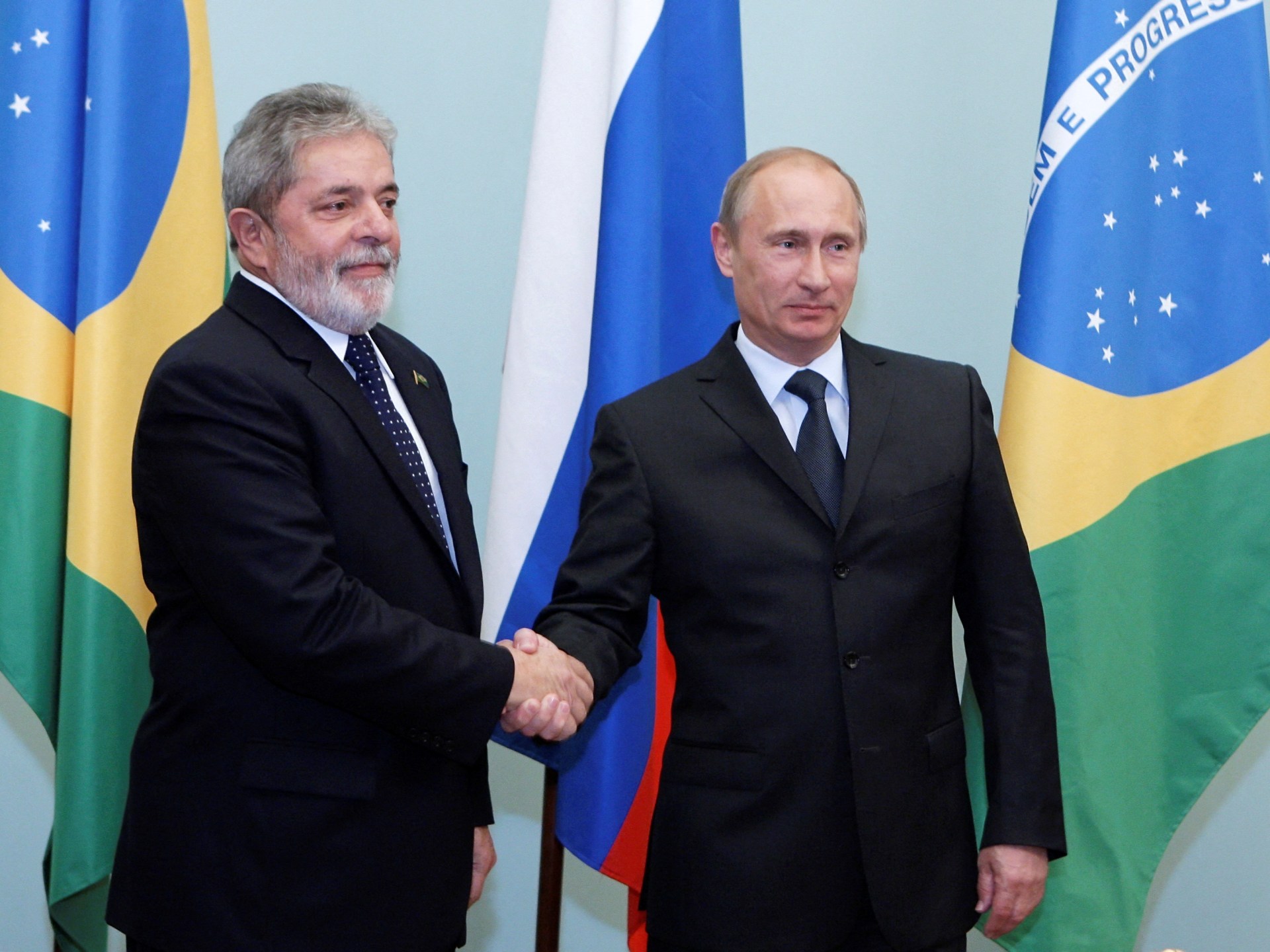Brazilian President Luiz Inacio Lula da Silva has said that Russian leader Vladimir Putin will not be arrested in Brazil if he attends the Group of 20 meeting in Rio de Janeiro next year.
Lula, speaking to the Firstpost news show at the sidelines of the G20 meeting in Delhi on Saturday, said Putin would be invited to next year’s event.
He added that he himself planned to attend a BRICS bloc of developing nations meeting due in Russia before the Rio meeting.
“I believe that Putin can go easily to Brazil,” Lula said. “What I can say to you is that if I’m president of Brazil, and he comes to Brazil, there’s no way he will be arrested.”
The statement comes after the International Criminal Court (ICC) issued an arrest warrant against Putin in March, accusing him of the war crime of illegally deporting hundreds of children from Ukraine.



Another fun thought experiment: The United Nations is headquartered in New York City. If the Russian president wants to address the United Nations personally. The UN requires free passage for diplomats to visit the UN. The United States is a signatory of the UN charter. So the United States is obligated to allow freedom of movement to and from the UN by Russian diplomats including the president to address the UN.
If the US breaks the UN charter, things get really interesting very fast.
This will definitely never happen, for many reasons, but not inconsequentially because the US is not a signatory to the ICC
Not because “they broke the UN charter”. International laws and diplomatic agreements are game of power and alliances. The US hosts and is the largest funder of the UN, closely allied to most of the other major supporters, and has some form of power over most of the other nations. There are no higher authorities enforcing international laws.